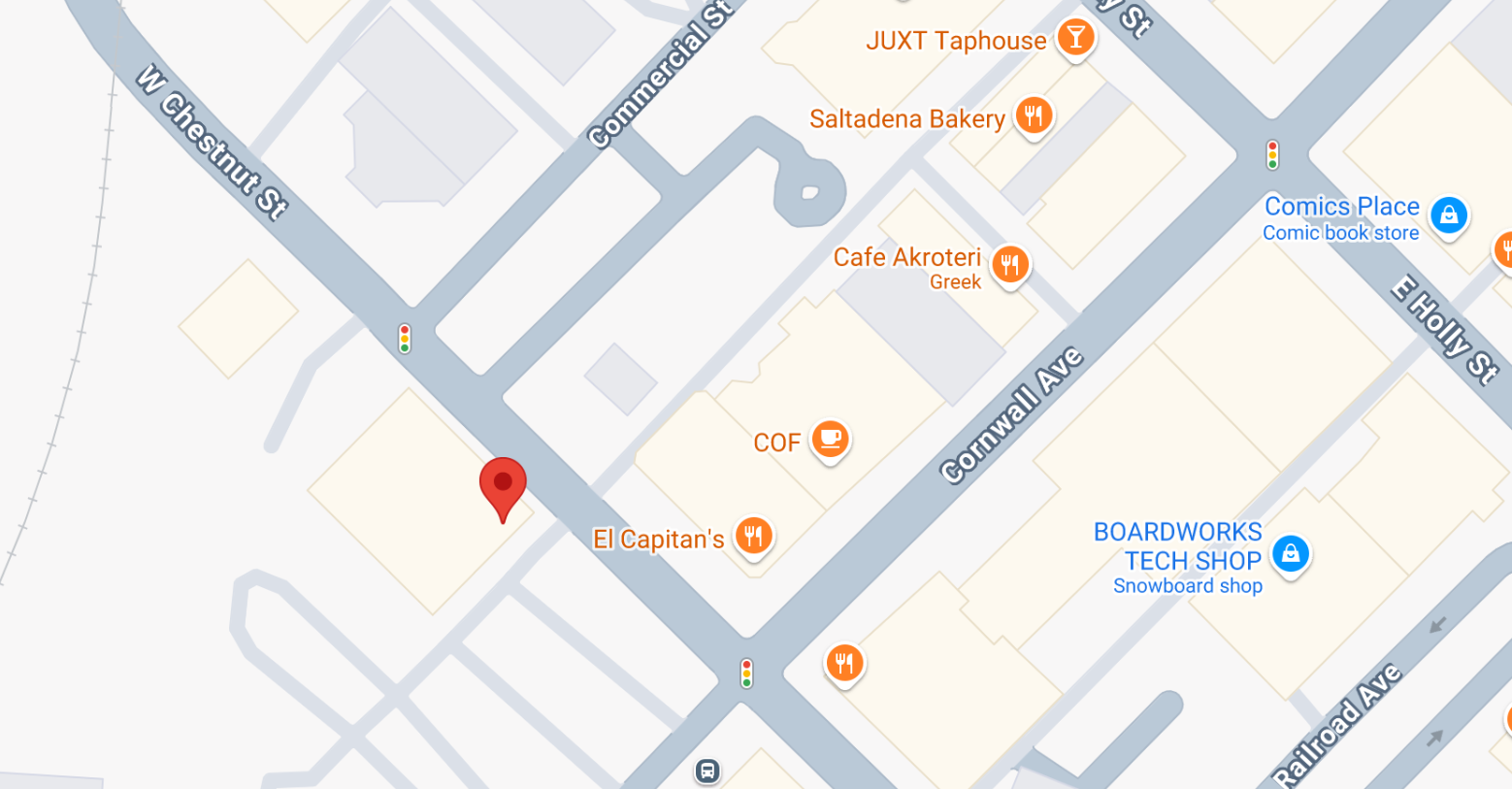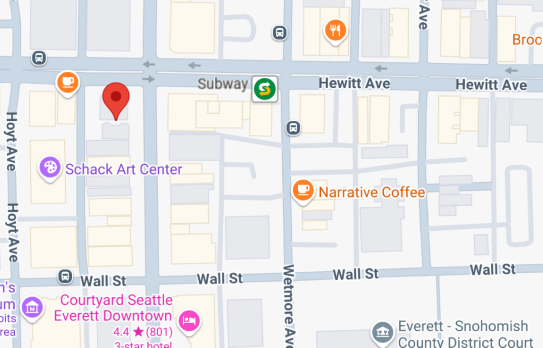Privacy and the Revocable Living Trust
Who wouldn’t want the details of their estate kept private? Nobody wants the public to know about the amount of money they have, the house or houses that they have, or how they choose to distribute their estate upon death. At least, nobody that I know. Those of us that have had some success in life, and have shrewdly built a sizeable collection of assets would prefer that this information not be made a part of the public record when we pass away.

In essence, this is what you would be doing if you have a will-based, or a testamentary trust-based estate plan. The problem with these plans is that they have to generally go through probate. Even a plan based on a testamentary trust has to go through probate. This is because this type of trust does not get created until you pass away, and the creation is accomplished by the probate of the will.
Probate is essentially a giant privacy invasion
Probate is a court process, and most matters that come before the court are publicly accessible. The will has to be filed with the court. An inventory may have to be filed with the court. These documents will throw open the doors to all that you owned when you pass, and may detail to the public where the assets are to go after you’ve gone. If you are disinheriting one of your children, this will be known to the world. If you choose to give half of your estate to charity or nothing to charity, other people will learn of this. Shouldn’t you be able to control how this information is given to other persons and to whom? If you want control of this, and if you are the type of person that values your privacy and your family’s privacy, then you should have an RLT – a revocable living trust-based estate plan.
An RLT will assure you a large measure of privacy
In a plan based on an RLT, there will be very little if any court involvement when you pass away. All of your assets will be safely sheltered in the trust, and nobody will be able to see what is going on in there. Your trustee will carry out your wishes, just as if it was a will – but, the court will have nothing to say about it. The court does not have to grant the trustee any additional powers to distribute assets because they will already have the powers that they need. No inventory will need to be taken, and most of the time a probate is just flat unnecessary. If there is a probate, it is usually just to clean up a few of the assets you forgot to put into the trust. No big deal. All of the large assets and financial assets will have been taken care of, and the public will not have access to any information as to which of your kids received the house, the stock, or the art collection. If you choose to give ½ of your estate to a charity that means a lot to you, then nobody needs to know about it (unless you want them to know).
Privacy is only one of the many RLT benefits
This is but one of the huge benefits that come from building an estate plan from a revocable living trust. I believe that most of us should have one. They protect our privacy in death, and they do the same if we were to become incapacitated. The RLT is “living” (it is an entity), and it continues on after we are gone. How long it continues is another one of the variables that you control. At bottom, the RLT is all about control and privacy. Take action today by speaking with an estate planning attorney at Westward LAW PLLC. Learn about all of the various benefits that an RLT can offer you. We’d love to hear from you at (360) 899-5468. Serving clients in Washington state.



